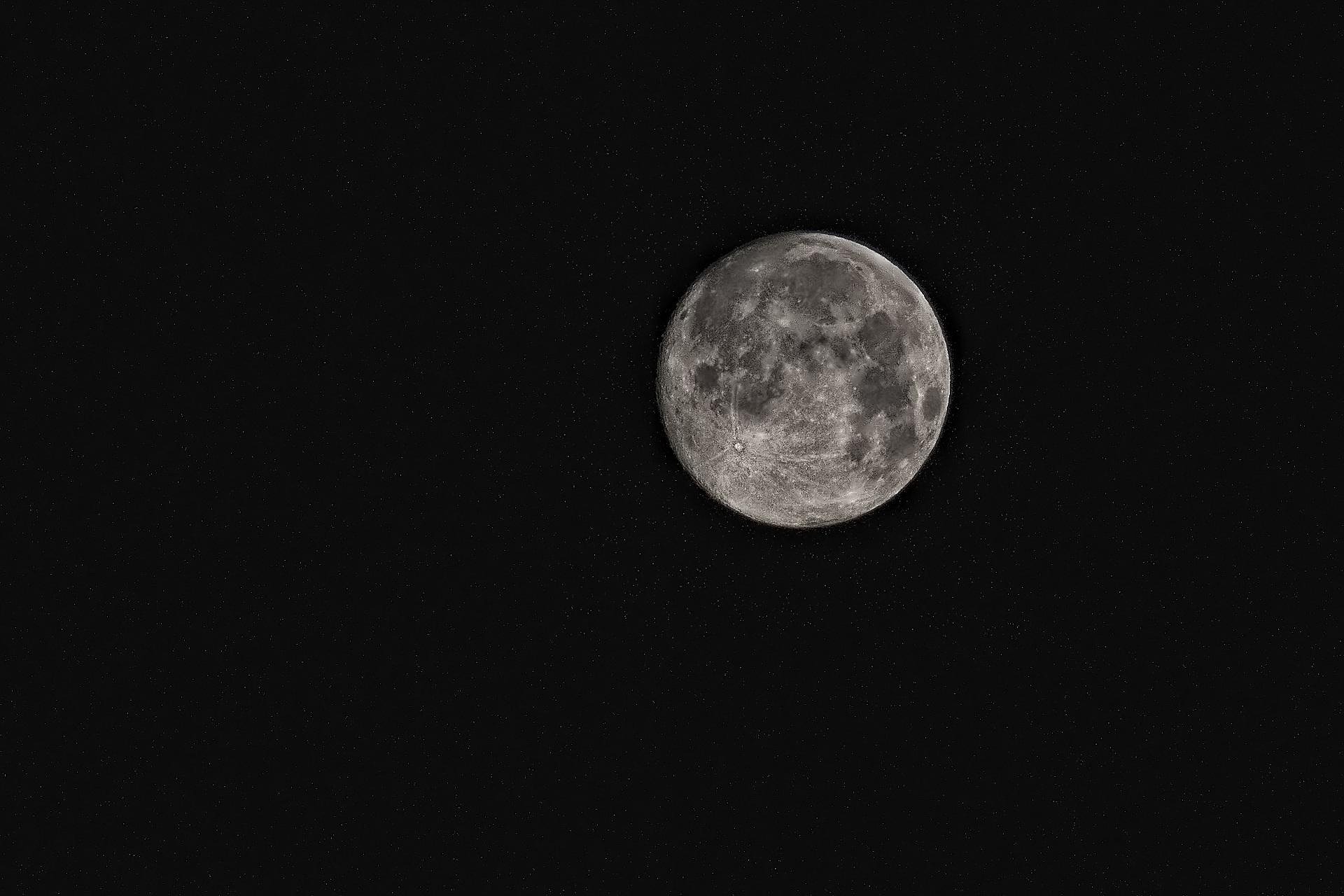As autumn deepens, Japan celebrates 十五夜 — the “Night of the Fifteenth,” also known as お月見, the moon‑viewing festival. This year’s 十五夜 (2025) falls on the 6th of October.
It’s a perfect seasonal moment to expand your cultural vocabulary, sharpen your small‑talk skills, and practise natural Japanese you can use this week.
🌾 What exactly is 十五夜?
十五夜 (じゅうごや, juugoya) literally means “the fifteenth night” — it refers to the full moon around mid‑autumn in the traditional lunar calendar.
Traditionally, people admire the beautiful full moon, give thanks for the autumn harvest, and decorate with すすき (pampas grass) while offering 団子 (rice dumplings) to the moon.
This event is also called お月見 (おつきみ) — literally “moon viewing”.
Useful vocabulary:
- 十五夜(じゅうごや)— the fifteenth night, Harvest Moon night
- お月見(おつきみ)— moon viewing
- 月見団子(つきみだんご)— rice dumplings offered to the moon
- すすき — pampas grass
- 満月(まんげつ)— full moon
The nuance: 十五夜 names the specific night or timing. お月見 focuses on the act or custom of moon viewing.
Core phrases to start using today
Here are some natural Japanese phrases to bring this beautiful tradition into your daily conversations or social posts.
Seasonal opener
- 今夜は十五夜ですね。月がほんとうにきれいです。
“Tonight is Juugoya, isn’t it? The moon is truly beautiful.”
- お月見、もうしましたか?
“Have you already done moon viewing?”
Inviting or suggesting
- ベランダでお月見しようと思ってるんですけど、よかったら一緒にどうですか?
“I’m thinking of doing moon viewing on the balcony. Would you like to join me?”
Describing the scene
- すすきを飾ると、秋らしさが一気に出ますね。
“Decorating with pampas grass instantly gives that autumn feel, doesn’t it?”
- 今夜は雲が少なくて、月がくっきり見えます。
“There are few clouds tonight, so the moon is clearly visible.”
Talking about food and custom
- 月見団子をお供えしてから、みんなでいただきました。
“After offering the moon‑viewing dumplings, we all ate them.”
- うさぎの話、知っていますか?日本では、月にうさぎがいると言われているんですよ。
“Do you know the rabbit story? In Japan, it’s said there’s a rabbit on the moon.”
Sharing impressions and feelings
- 風が涼しくて、月の光が心地いいですね。
“The breeze is cool and the moonlight feels pleasant, isn’t it?”
- 静かな夜で、月がいつもより近く感じます。
“It’s a quiet night, and the moon feels closer than usual.”
Social‑media‑ready captions
- 今夜は十五夜。月を愛でる時間。
“Tonight is Juugoya. Time to appreciate the moon.”
- お月見セット準備完了。秋の風情を味わいます。
“Moon‑viewing set ready. Savouring the autumn atmosphere.”
Culture quick hits you can mention
- Why すすき? It’s believed to ward off evil and symbolise a good harvest.
- Why 団子? Offerings of round dumplings echo the shape of the full moon.
- Why 月にうさぎ? The “rabbit on the moon” traces back to East Asian folklore, inspired by the moon’s light‑and‑dark markings that many interpret as a rabbit. The motif appears across East Asia with regional variations; in Japan, the moon rabbit is said to pound rice for mochi, a custom linked to moon‑viewing.
Upgrade your phrasing: subtle, native‑like choices
- 月を「見る」 → 月を「眺(なが)める」
Sounds more poetic or appreciative.
E.g. 月を眺めながら、ゆっくり話しましょう。
“Let’s talk leisurely while gazing at the moon.”
- 風情(ふぜい)
A refined “atmosphere” or “taste” of the season.
E.g. すすきがあると、秋の風情が増しますね。
“Having pampas grass adds to the autumn atmosphere.”
- 愛でる(めでる)
“To admire” with warmth and appreciation.
E.g. 今夜は月を愛でる夜です。
“Tonight is a night to admire the moon.”
Cultural note
In Japan, the moon isn’t just a celestial body — it’s a symbol of beauty, gratitude, and impermanence.
Moon viewing isn’t only about looking up at the sky; it’s about pausing to reflect, appreciating what you have, and feeling connected to nature’s rhythm.
That’s why the phrase 「月が綺麗ですね」 (“The moon is beautiful, isn’t it?”) can carry a deeper emotional meaning — sometimes even a subtle confession of love. What does this mean?
It’s often said that the novelist 夏目漱石 (Sōseki NATSUME) suggested that when translating “I love you” into Japanese, rather than saying it directly (愛してる), one could say 「月が綺麗ですね」 — a more subtle and poetic way of expressing affection.
Why? Because traditionally, Japanese communication values indirectness and subtlety. Rather than stating feelings outright, people express them through shared experiences or beautiful imagery. In this case, gazing at the moon together and saying it’s beautiful implies “I feel the same beauty in being with you.”
So, when someone says 「月が綺麗ですね」, it’s not just about the moon — it can be a quiet confession of love wrapped in elegance. What do you think?
🌙 Try this speaking practice
Say this sentence aloud:
「今夜は十五夜だから、ちょっと外に出て月を見てみようかな。」
“It’s Juugoya tonight, so maybe I’ll go outside and take a look at the moon.”
Notice how 〜てみようかな sounds soft, natural, and spontaneous — a great pattern to practise for sounding fluent and relaxed.
十五夜 teaches us more than vocabulary — it’s a reminder that fluency comes from feeling the culture through the language. Next time you see a full moon, try using one of today’s phrases and connect your Japanese to real life.




コメント